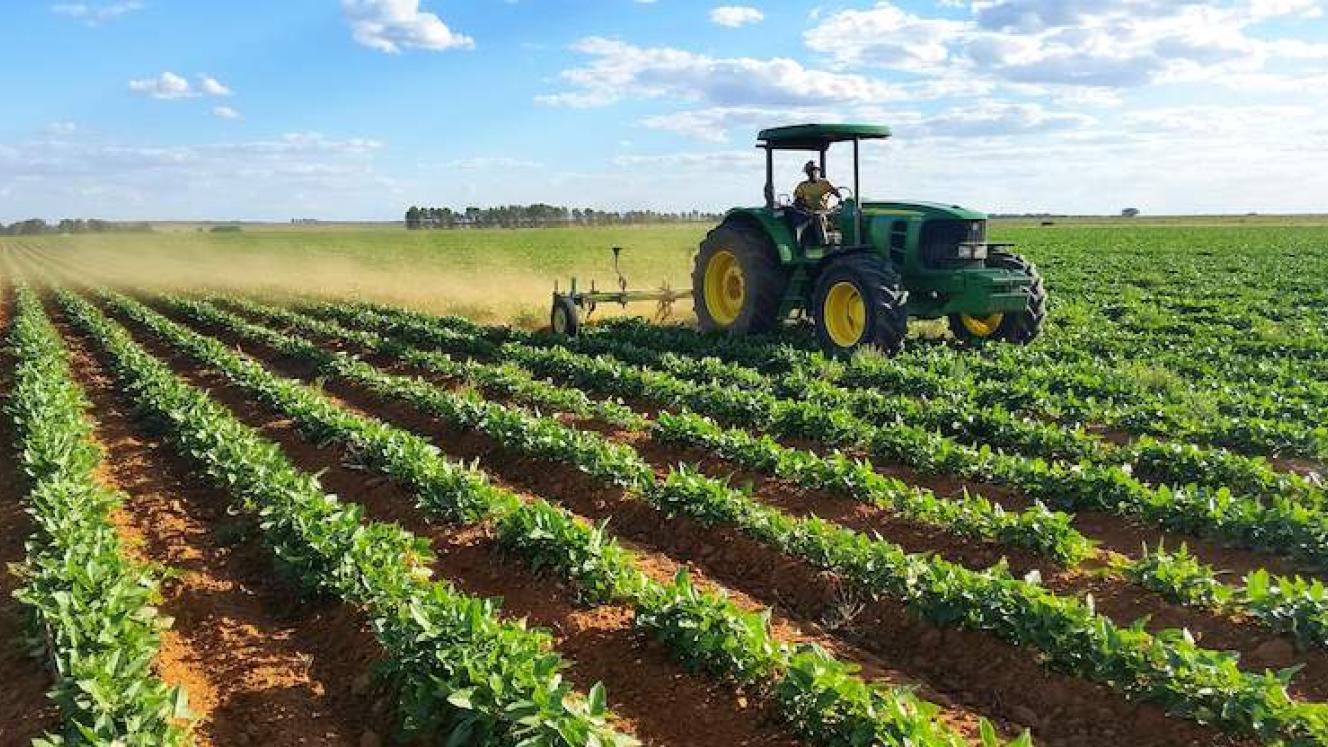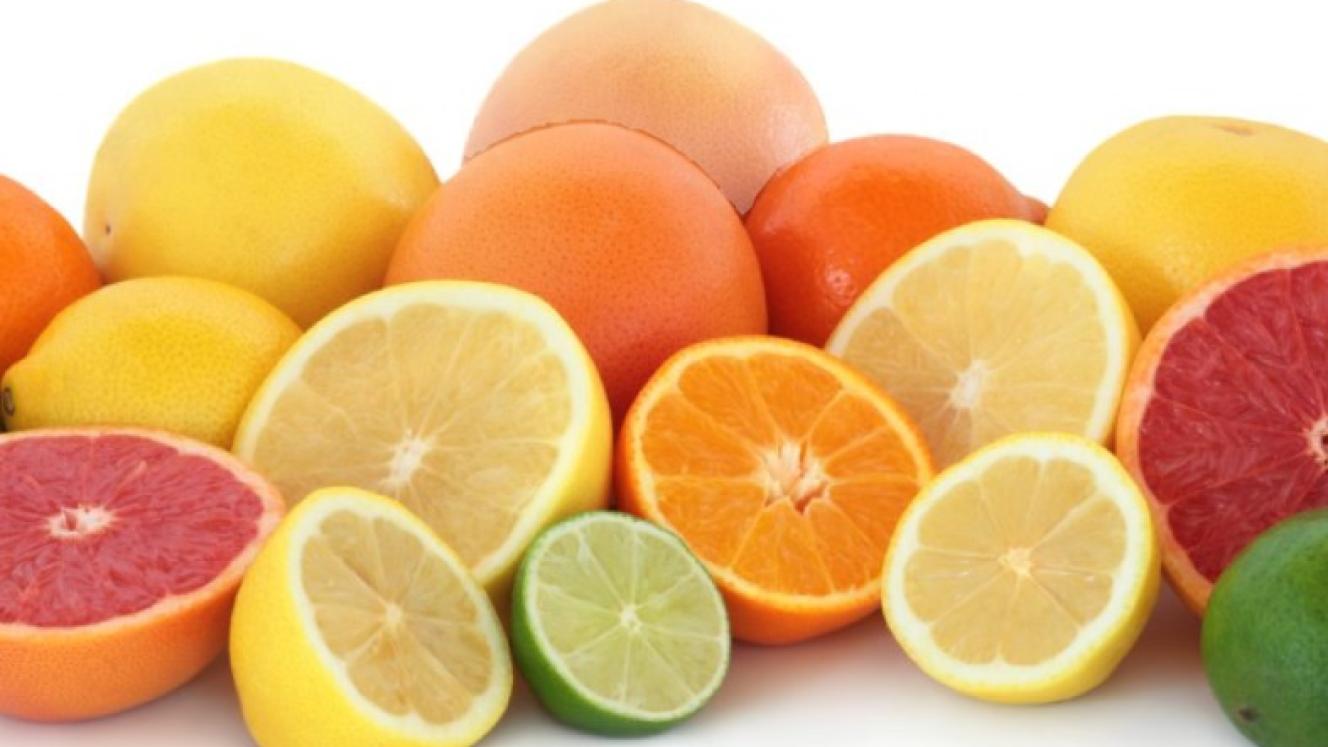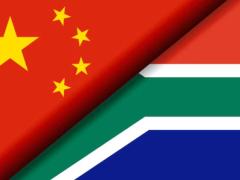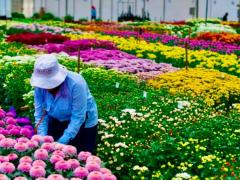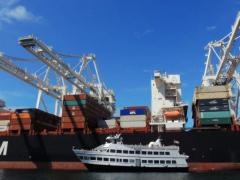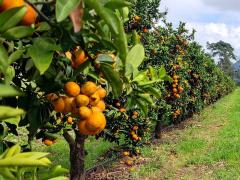Fresh produce growers across South Africa are on tenterhooks over a notification that unless farmers furnish black economic empowerment (BEE) compliance certificates by December, they risk having their trading permits revoked by the Perishable Products Export Control Board (PPECB).
Although the PPECB has since stated that there is no cause for alarm, some 5 000 mainly private farming concerns overwhelmed the authority’s offices across the country with enquiries about the directive’s intent and possible ramifications.
Such was the outcry of concerned small-scale exporters of produce the day after the announcement was made, that the board’s executive director, Lucian Jansen, felt compelled to send out a letter assuaging the farmers’ fears.
Among other things he said that it was mere formality, and that it merely served to help the Department of Trade and Industry with data aggregation, and that no one would be penalised for not complying with BEE legislation.
His view of the directive, which is widely interpreted as a threat by the farming community, was supported by Reggie Ngcobo, spokesperson in the office of Thoko Didiza, minister of agriculture, land reform and rural development.
Ngcobo apparently said that the directive was intended to gauge compliance with the law around black equity in the agricultural labour market.
But Dr Theo de Jager, who chairs the South African Agri Initiative (Saai), has told Sunday newspaper Rapport that it remains unclear how the labour department expects privately owned farms to comply with BEE legislation.
He said it was not easy to farm together, not to mention forcing a farmer to take in a stranger from a different community, in order to comply with BEE regulations.
Saai has reportedly taken its objections to the World Trade Organization, claiming that BEE compliance requirements are racist.
In a follow-up letter, Jansen apparently said that BEE compliance was a legal prerequisite for any economic activity requiring a licence, concession or any other relevant authorisation.
Agri SA said compliance was only applicable to exporting farmers and that many did comply not just because it was an internal prerequisite, but also regulated by European Union destinations of South African fresh produce.
